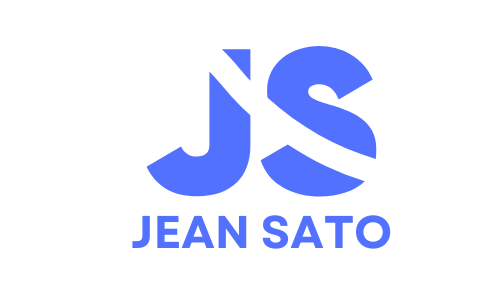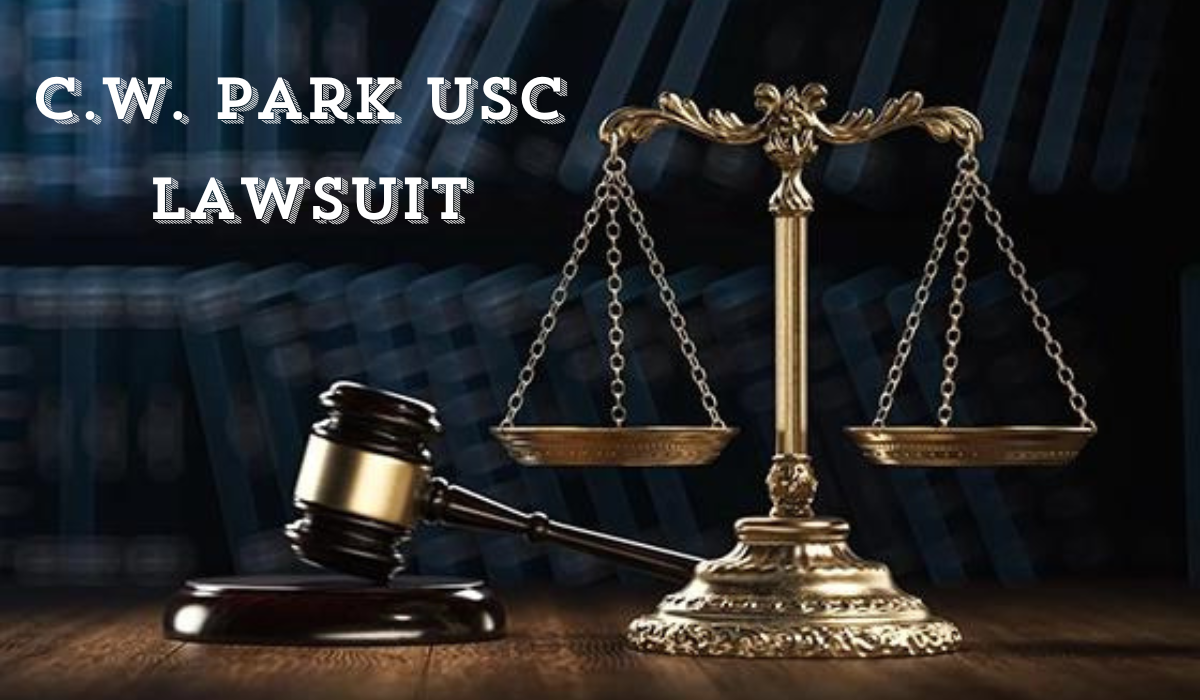Some of the key issues that have been brought to limelight by the C.W. Park litigation against the University of Southern California (USC) include academic integrity, legal complexities in higher education and steps taken by institutions to uphold ethical standards. This paper compares C.W. Park case with similar famous cases of academic integrity violation such as those at Duke University and The University of Tokyo outlining specific charges, institutional reactions, wider ramifications and preventive measures.
Allegations at the Core
C.W. Park vs. USC
The charge of academic dishonesty by USC against Dr. C.W. Park, a renowned marketing professor, is based on information which suggests that he made up data and copy-pasted from others’ work. Some cases included doctoring research results to fit predetermined findings published in leading scholarly magazines. Dr. Park also alleges discrimination and retaliation within USC’s Marshall School of Business.
Other High-Profile Cases
Duke University: Duke University has been charged in one of the most publicized cases regarding academic malpractice for having research publications with fake data by one of its former employees in the school of medicine. The institution finally settled at $112.5m.
University of Tokyo: A scandal involving forgery of data in scientific manuscripts hit the University of Tokyo hard, leading to retractions and blemishing its reputation.
Institutional Responses
USC’s Approach
In response to the serious accusations, USC has undertaken several actions:
Legal Defense: Actively countering the lawsuit charges against it by claiming that they are groundless and due process was observed.
Policy Revision: A complete overhaul and revision of how research practices should work, with an added emphasis on increased accuracy and transparency.
Enhanced Monitoring: This is to tighten ethical standards through a more precise system of checks in place.
Mandatory Training: To remind lecturers about academic dishonesty issues, there must be continuous ethics training for the faculty.
“Upholding utmost levels of academic integrity is our mission,” stressed USC Provost Charles F. Zukoski; “We act in line with excellence and trust.”
Responses from Duke and the University of Tokyo
Duke University: Following the misconduct revelations, Duke implemented extensive policy overhauls:
- Internal Audits: Increased frequency of internal audits and peer reviews to catch discrepancies early.
- Ethics Committees: Formation of dedicated ethics committees to oversee research practices and handle allegations.
- Transparency Initiatives: Enhancements in transparency regarding research methods and data handling procedures.
University of Tokyo: The University took several measures to address the fallout:
- Policy Strengthening: Strengthening policies around research documentation and data preservation.
- Training Programs: Introduction of comprehensive training programs on research ethics for both new and existing staff.
- Independent Reviews: External audits and independent reviews of research submissions to ensure adherence to ethical guidelines.
Broader Implications
Academic Standards
The importance of academic honesty is demonstrated by the C.W. Park lawsuit and other cases, which have prompted educational institutions all over the world to review their moral rules and disciplinary measures. Such occasions seem to be starting points for larger debates about the relationship between academic freedom and policies that aim at managing teachers’ conduct.
Legal Complexities
These cases highlight the legal complexities inherent in academia. Universities must navigate misconduct allegations within the framework of educational law, balancing legal principles with institutional policies. The C.W. Park case, for instance, offers insights into how such disputes are managed, influencing university policies and the broader legal landscape of higher education.
Institutional Measures
In response to these scandals, institutions like USC, Duke, and the University of Tokyo have refined their policy frameworks and ethical guidelines. Common measures include:
- Reporting Mechanisms: Making reporting and responding to misconduct more understandable so as to encourage individuals in expressing their concerns freely.
- Research Oversight: Improving research governance through regular audits, peer reviews, and ensuing ethical standards compliance.
- Ethics Training: Mandating ethics training for all faculty members to reinforce standards of conduct.
Preventive Measures
Revised Guidelines
Institutions like USC have updated their guidelines on research conduct, emphasizing transparency and accuracy in data reporting. Detailed documentation and accountability measures are now central to these guidelines.
Enhanced Monitoring
Universities are introducing more rigorous oversight mechanisms. This includes the use of advanced software for data verification and regular audits to ensure ongoing compliance with ethical standards.
Mandatory Training
Regular ethics training is becoming a standard requirement for faculty members. Together, these courses seek to reinforce the place of honesty in schoolwork and give practical directions when faced with moral dilemmas.
According to Dr. Jane Smith, an ethics professor at Harvard University, “This case has exposed the weaknesses academic institutions have for unethical conduct which ought to be addressed through vigilant systems.”
Conclusion
The C.W. Park USC lawsuit was a major event in academia that yielded useful lessons on ethical behavior and intricate legal issues involved in educational settings. The case will continue to provide further clues into developing academic integrity culture as well as all the precautionary steps institutions must undertake in order to sustain trust of stakeholders.
Recommendations
The following recommendations are essential for institutions that want to protect their reputation and maintain ethical standards:
Put up Comprehensive Policies: Devise and implement policies, which are clear and open with regard to conduct of research as well as academic honesty.
Boost Oversight and Audits: Establish systems for periodically examining how research is done, thereby enabling early detection and prevention of misconduct.
Make Ethics Training Mandatory: All faculty members should continuously undergo training on ethics to expose them to the most current methods and moral attitudes in order to remain up-to-date.
Facilitate Reporting: Establish an easy reporting procedure that guarantees protection and support for those who confess misconducts.
Promote a Culture of Integrity: Rewards integrity by fostering a culture where ethical behaviors are encouraged throughout the university.
Universities can avoid their reputations being tarnished as they earn trust from stakeholders while preserving knowledge acquisition’s foundation on moral tenets.

